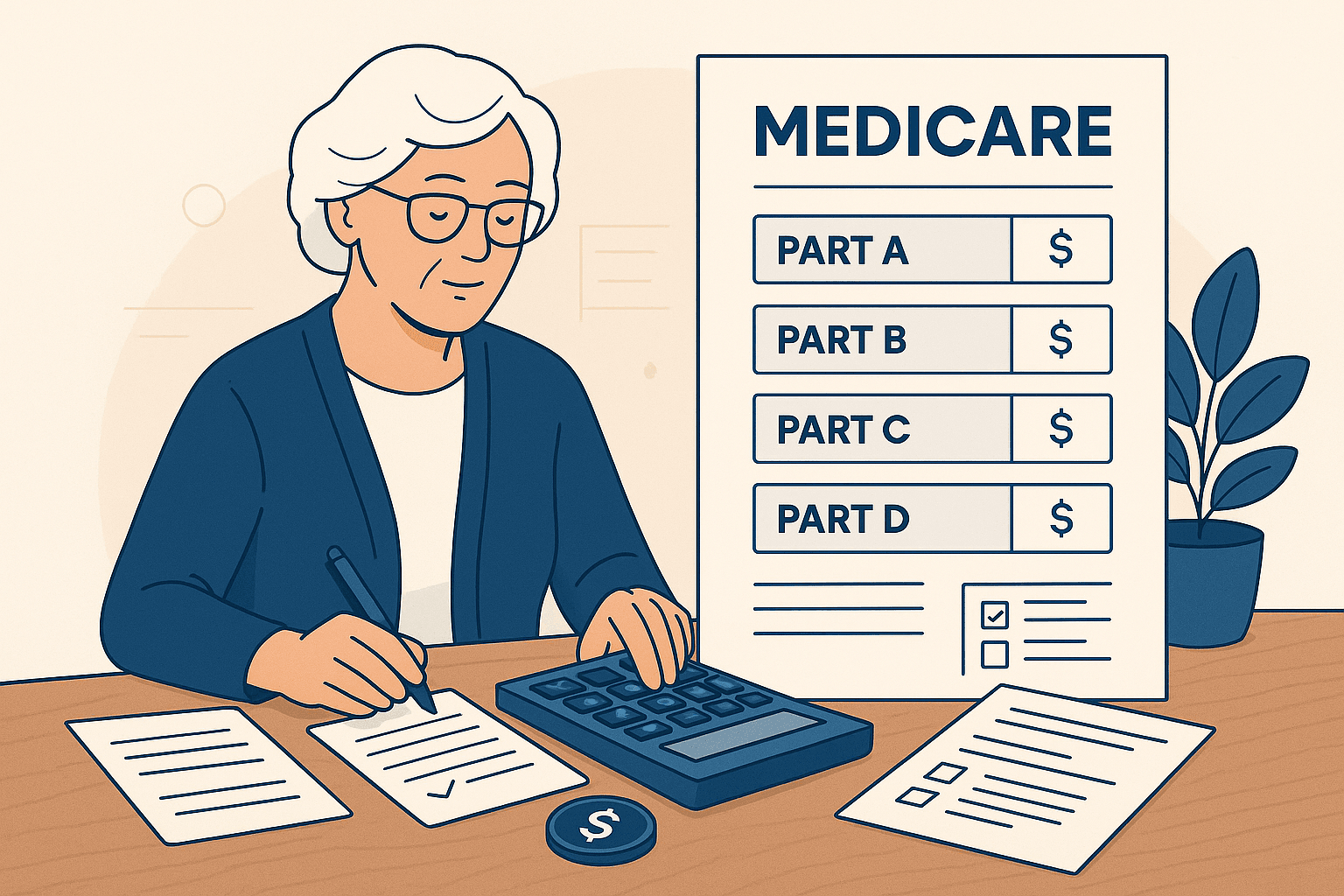Exploring How to Anticipate and Budget for Healthcare Costs During Retirement
Introduction
As individuals approach retirement, one of the most significant yet often overlooked aspects of financial planning is healthcare costs. With rising medical expenses and an increasing life expectancy, it’s crucial to anticipate how much you’ll need to allocate for healthcare in your retirement budget. This article will guide you through the various components of healthcare costs, including insurance premiums, out-of-pocket expenses, and even potential medical tourism options for affordable treatments.
Understanding Healthcare Costs in Retirement
1. Insurance Premiums
Healthcare insurance is a primary expense in retirement, and understanding the various types of plans is essential.
Medicare: Most Americans become eligible for Medicare at age 65, which consists of different parts:
- Part A: Covers hospital stays and some nursing care, typically premium-free if you’ve paid Medicare taxes for at least 10 years.
- Part B: Covers outpatient services, doctor visits, and preventive care, requiring a monthly premium.
- Part D: Provides prescription drug coverage with varying costs depending on the plan.
Medigap Policies: These supplemental plans cover costs not included in Medicare, such as copayments and deductibles. Premiums vary widely based on coverage levels and providers.
Employer-Sponsored Insurance: Some retirees may continue with employer-sponsored plans that can offer additional coverage.
2. Out-of-Pocket Expenses
Even with insurance coverage, retirees should anticipate significant out-of-pocket costs, including:
- Deductibles and Copayments: These can vary based on the type of treatment and healthcare provider.
- Non-Covered Services: Services like dental, vision, and long-term care often require separate budgeting.
- Prescription Drugs: Costs can add up quickly, especially if you take multiple medications.
3. Estimating Total Healthcare Costs
According to a study by Fidelity, the average couple retiring at age 65 in 2023 should expect to spend about $300,000 on healthcare costs throughout retirement. This estimate highlights the need for comprehensive planning.
4. Healthcare Cost Inflation
Healthcare costs generally rise faster than the rate of inflation. Planning for increased expenses over time is essential. A conservative estimate for healthcare inflation is around 5-7% annually.
Benefits and Considerations
Benefits of Planning
- Financial Security: Knowing your potential healthcare costs will help prevent unexpected financial burdens.
- Peace of Mind: With a well-structured plan, you can focus more on enjoying your retirement rather than worrying about medical bills.
Considerations
- Health Status: Chronic conditions or other health issues can significantly increase healthcare costs.
- Longevity: The longer you live, the more likely you are to incur healthcare expenses, making it essential to plan for longevity.
What Readers Should Know
Start Early: The earlier you begin planning for healthcare costs, the better prepared you’ll be. Consider contributing to Health Savings Accounts (HSAs) if eligible.
Review Your Healthcare Plan Regularly: Changes in health, medications, or insurance options may necessitate adjustments to your budget.
Explore Medical Tourism: For certain treatments, medical tourism can offer significant savings. Countries like Mexico, Costa Rica, and Thailand are known for quality healthcare at lower prices. However, be sure to consider:
- Quality of Care: Research the credentials of providers and facilities.
- Travel Costs: Factor in travel expenses, including accommodations and transportation.
- Post-Operative Care: Ensure follow-up care is available and accessible.
Conclusion
Anticipating and budgeting for healthcare costs during retirement is an essential part of financial planning. By understanding the components of healthcare expenses, including insurance premiums, out-of-pocket costs, and potential medical tourism options, you can create a well-rounded retirement budget.
As you prepare for this new chapter in your life, remember that proactive planning and continual reassessment will provide you with the financial security and peace of mind needed to enjoy your retirement years. Don't hesitate to consult with a financial planner specializing in retirement strategies to tailor a plan that meets your unique healthcare needs.
By taking these steps today, you can ensure that your golden years are indeed golden, free from the worry of unexpected healthcare costs.

